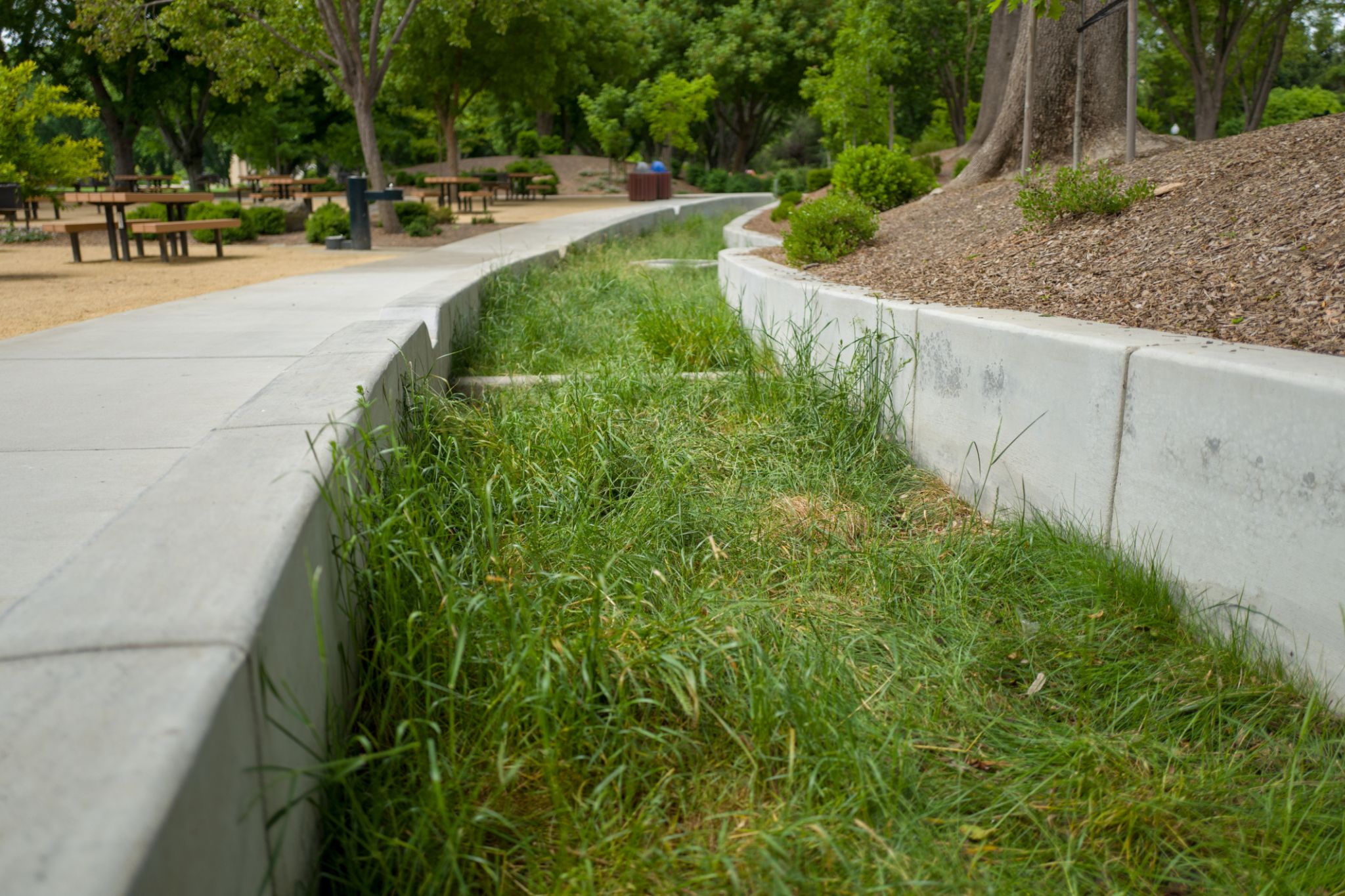Success Stories: Transforming Walton County with Bio-Swale Micro-Grants
Transforming Walton County: The Power of Bio-Swale Micro-Grants
In recent years, Walton County has become a beacon of environmental innovation, largely due to the successful implementation of bio-swale micro-grants. These grants have empowered local communities to take charge of their environmental health, leading to remarkable transformations across the region. This blog post delves into the inspiring success stories that have emerged from this initiative.

Understanding Bio-Swales
Bio-swales are landscaped elements designed to concentrate and convey stormwater runoff while removing debris and pollution. They are an integral part of sustainable urban drainage systems, offering both practical and aesthetic benefits. By utilizing plants and soil, bio-swales help filter pollutants, reduce flooding, and improve water quality.
The micro-grants provided by Walton County have enabled communities to implement these green infrastructures at a local level. The result? A greener, more resilient environment that supports both ecological and community health.
The Impact on Local Communities
The introduction of bio-swale micro-grants has sparked a wave of positive change in Walton County. Local schools, neighborhoods, and businesses have all participated, creating a network of green spaces that enhance the local ecosystem. These projects have not only improved environmental conditions but also fostered community engagement and awareness.

One notable success story is the collaboration between local schools and environmental organizations. Students have taken an active role in designing and maintaining bio-swales on their campuses, integrating environmental education with practical experience. This hands-on approach has inspired a new generation of eco-conscious citizens.
Economic and Environmental Benefits
Beyond the environmental advantages, bio-swale projects have also delivered economic benefits to Walton County. By reducing the need for costly stormwater infrastructure, these initiatives have saved the county significant resources. Additionally, they have boosted property values and attracted eco-tourism, further strengthening the local economy.

The county's success in implementing bio-swales has also caught the attention of neighboring regions. Other counties are now looking to replicate Walton County’s model, recognizing the potential for sustainable development and community empowerment.
Challenges and Future Prospects
While the bio-swale micro-grant initiative has achieved considerable success, it has not been without challenges. Securing ongoing funding and maintaining community involvement are critical for the sustainability of these projects. However, with continued support and innovation, Walton County is poised to lead the way in sustainable urban planning.
Looking ahead, the county aims to expand its bio-swale network, incorporating more advanced technologies and engaging a broader range of stakeholders. The future is bright for Walton County, as it continues to inspire others with its commitment to environmental stewardship and community well-being.
Conclusion
The transformation of Walton County through bio-swale micro-grants is a testament to the power of community-driven environmental initiatives. By harnessing the potential of bio-swales, the county has not only enhanced its natural landscape but also created a more sustainable future for its residents.
As more communities look to emulate Walton County's success, the ripple effect of these green innovations promises to extend well beyond the county's borders, paving the way for a healthier planet.